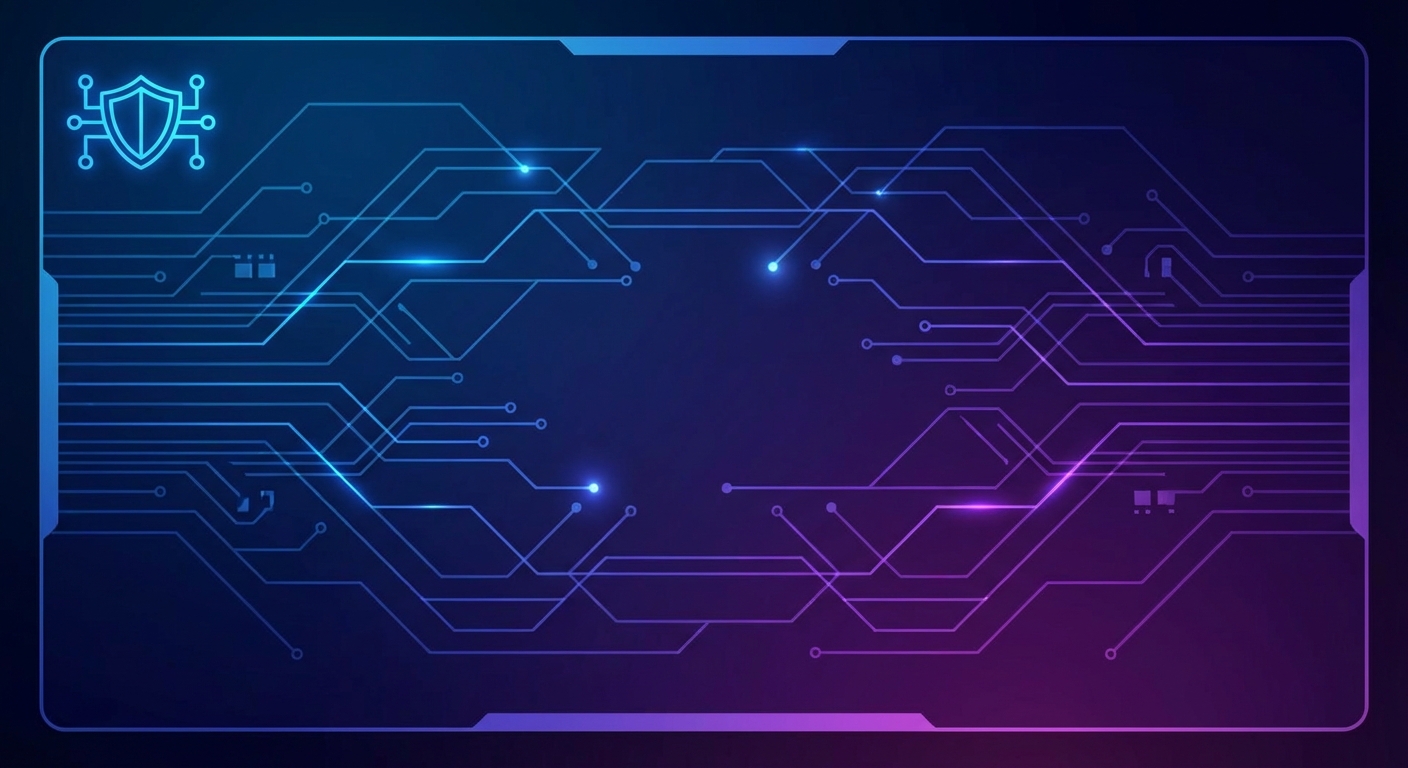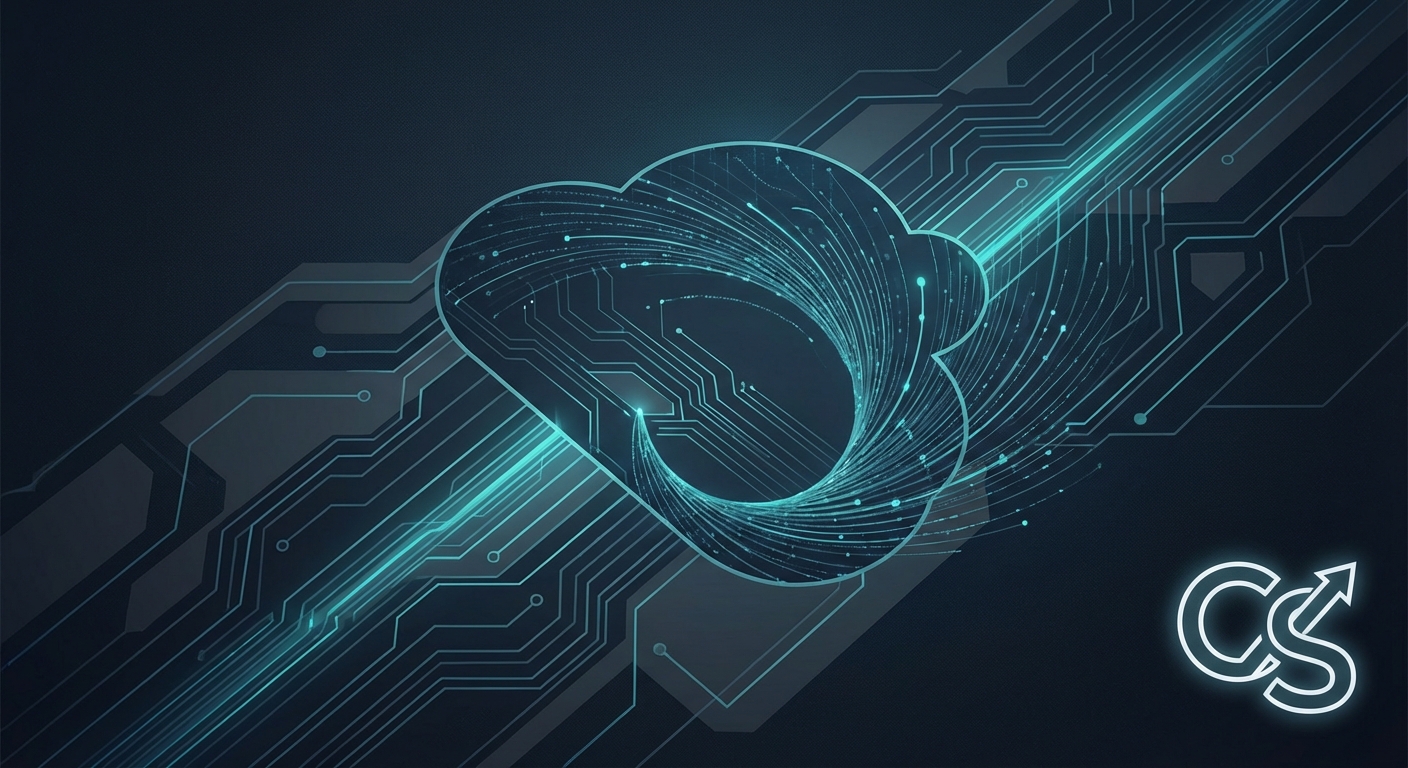10 Ways AI Agents Will Revolutionize Identity and Access Management
TL;DR
Introduction: The Dawn of AI-Powered IAM
Okay, so ai powered iam – sounds like something outta a sci-fi movie, right? But it's real, and it's comin' for identity management, ready to shake things up. AI-powered IAM is essentially using artificial intelligence to automate and enhance identity and access management processes, making them smarter, more adaptive, and less reliant on manual intervention compared to traditional methods.
Think about how clunky traditional iam is. It's like tryin' to herd cats, especially when everyone's got different access needs, and you're manually assigning permissions all the time. It's slow, error-prone, and honestly, leaves security holes big enough to drive a truck through.
- Complexity overload: We are, drowning in apps and systems, each with its own login dance.
- Manual labor: Remember manually provisioning access? Ain't nobody got time for that anymore.
- Security risks: People have access they shouldn't, and you're finding out too late.
ai agents? They're like super-smart assistants that learn your organization's security policies and user behavior. Instead of just reacting to requests, they can proactively manage access, spot anomalies, and even predict potential threats. It's about getting smarter, faster, and way more secure. According to Ahmed AbdelGhafar on LinkedIn, ai is already reshaping iam for the better by making it more adaptive and less reactive.
So, what exactly can these ai agents do? In the following sections, we'll dive into some killer applications, like risk-based access and automated compliance.
1. Smarter Authentication via Continuous Risk Assessment
Alright, let's talk authentication – ain't nobody got time for endless passwords, right? Continuous risk assessment though? That's where ai agents come in to save the day.
- Real-time analysis: ai agents are constantly checkin' out user behavior – location, device, even how you type. For instance, they analyze keystroke dynamics, like the rhythm and pressure of your typing. Deviations from your typical pattern can signal a potential security risk. Think like a retail store using this to ID if a login from, say, Brazil is really their ceo, or just some hacker.
- Adaptive access: Access is granted based on how risky things look. Like a bank might ask for extra id if you're tryin' to transfer a lot of money, but let you in easy if you're just checkin' you balance.
- Passwordless future: Less passwords, more convenience.
Now, let's dive into how AI enables more precise control over who can access what, which is crucial for compliance.
2. Automated Identity Provisioning and Deprovisioning
Automated provisioning and deprovisioning is like giving your it team a chill pill, y'know? No more manual account setups or scrambling when someone leaves.
- AI agents automate the whole user lifecycle – onboarding, transfers, offboarding. Imagine a hospital automatically granting access to patient records based on a new doctor's role, ensuring they are up-to-date and compliant.
- Predictive provisioning: AI analyzes role and history data to anticipate future access needs. For example, based on past onboarding patterns for similar roles, a retail employee might be automatically provisioned access to the POS system, payroll, and clock-in functions on their first day, rather than waiting for manual requests.
- Timely access revocation is a big win that cuts down on orphaned accounts. ai makes sure that when a finance analyst leaves for a new opportunity, their access to sensitive data is immediately shut off.
While fine-grained access control enhances security, AI's ability to proactively detect and respond to threats takes our security posture to the next level.
3. Fine-Grained Access Control Based on Behavioral Analytics
Fine-grained access control? Now that sounds fancy, but what does it even mean? Well, instead of just sayin' "you're an admin, so you get all the keys," we're talkin' gettin' surgical with permissions.
- ai agents can learn from user behavior– like when they access data, what they do with it, and how it lines up with their regular gig. It's like having a digital hawk-eye that spots weird stuff.
- Dynamic adjustments are key. If someone in finance suddenly starts downloading marketing reports at 3 am, the system might ask for extra verification, or even cut off access until things check out.
- ai can ID patterns, by comparin' a user's activity to their peers. If nearly everyone in accounting touches the same files, and someone is snooping around in areas they shouldn't – for instance, attempting to access HR records or sensitive client financial data outside their typical workflow – ai flags it.
What's wild is how this can cut down on inside jobs and data leaks, makin' things way more secure. While proactive threat detection is vital, ensuring ongoing compliance through efficient access reviews is another area where AI shines.
4. Proactive Threat Detection and Response
Proactive threat detection is a game-changer, right? I mean, who wants to wait for a breach to happen? ai agents can act like security watchdogs, so, yeah, that's kinda cool.
- These ai agents are constantly monitorin' access logs, automatically flagging any suspicious activity. Think about hospitals, where ai can quickly pick up on unauthorized attempts to access patient records. For example, AI can analyze login attempts in real-time, identifying anomalies like multiple failed logins from an unfamiliar IP address or access requests outside of normal business hours for a specific role, triggering an immediate block.
- Real-time alerts are sent the moment somethin's fishy going on. Then? ai kicks off automated incident response workflows. For example, in finance, if ai detect a weird money transfer, it can freeze the account right away.
- This proactive approach improve security, and it cuts down incident response times. Like, a retail chain could use this to stop hackers before they can even get into the system, preventing massive data leaks.
While proactive threat detection is vital, ensuring ongoing compliance through efficient access reviews is another area where AI shines.
5. Streamlined Access Reviews and Certifications
Access reviews? Yeah, they're about as fun as a root canal. But—what if ai could make 'em less of a drag?
- Risk-based prioritization: ai agents can actually look at things like, y'know, what people are doin' with their access and who's got the keys to the kingdom. No more wastin' time on low-risk stuff.
- Smart suggestions: Instead of just sayin' "yep, looks good!", ai can be like "hey, maybe this person doesn't need access to that anymore?" For instance, AI might suggest revoking access for an employee who hasn't accessed a particular system in months, or whose job role has significantly changed, based on inactivity periods or deviations from typical access patterns for their current role.
- Audit-ready reports: Imagine gettin' through audits without everyone losin' their minds. ai can whip up reports that show exactly who has access to what, makin' compliance a heck of a lot easier.
Beyond individual access reviews, AI can also optimize the very structure of roles themselves, which is where dynamic role mining comes in.
6. Dynamic Role Mining and Optimization
Dynamic role mining and optimization, eh? Sounds like a fancy way of saying "let's make sure no one has keys to the kingdom they don't need anymore." But hey, outdated access is a real security risk.
- AI agents are always watching access patterns, kinda like hawk-eye in it. This helps spot opportunities to make role structures way more efficient. Like, maybe accounting clerks only need access to invoices during month-end, not all the time. AI can analyze access logs to identify these time-based patterns or infer them from task completion data and historical access for similar roles.
- Recommendations for roles and adjustments? That's ai too. Instead of waiting for some it admin, an ai agent can suggest changes to user roles based on their actual activity and job function.
- Cutting down on role sprawl? That's the goal! ai helps prevent roles from multiplying outta control, which, tbh, improves access governance a ton.
Think of a large hospital system, it's a nightmare to keep track of who needs access to what. Ai can analyze access requests and create new roles based on actual needs.
By optimizing roles, AI directly contributes to enhanced compliance and audit readiness, which we'll explore next.
7. Enhanced Compliance and Audit Readiness
Compliance and audit readiness—bet you're thrilled to hear about that, right? But ai agents? They're here to make it less of a pain.
- Automated compliance reporting means ai agents can whip up those reports for you, pulling data from all over. Think of a hospital system that has to adhere to hipaa and other regs, ai can automate compliance reporting and audit trail generation, making sure they're always ready for inspection. AI works by comparing access controls against pre-defined compliance policies that are based on legal requirements, rather than interpreting laws directly.
- Real-time monitoring? ai agents are constantly checkin' access controls against what the law requires. No more last-minute scrambles.
- Reducing non-compliance cuts down on those nasty fines and simplifies audits.
So there you have it: compliance that doesn't make you wanna pull your hair out.
8. Improved User Experience Through Self-Service Access
Self-service? Sounds good, right? I mean, who wants to wait on it all the time? But, can ai really make it less of a headache?
- AI-powered portals are the name of the game. Think employees at a retail chain requestin' access to new pos systems themselves, without bugging it.
- Smart recommendations are a big plus. What if a hospital ai could suggest access levels for new nurses based on their role and department? The AI uses data like the nurse's role, department, and historical access patterns for similar roles within the hospital to make these suggestions.
- Less Burden on IT Imagine it support getting less tickets. That alone, is worth the price of admission.
By enabling self-service and proactively addressing issues, AI also leads to significant reductions in operational costs and increased overall efficiency.
9. Reduced Operational Costs and Increased Efficiency
Okay, so you're probably thinking, "How can ai save me money?" well, let me tell you, it's pretty cool. It's not just about cutting costs, it's about making things run smoother, faster, and with less human intervention which, you know, equals fewer salaries to pay!
- Automation is key: ai agents can automate a lot of the routine tasks that eat up time and money. Think about hospitals using ai to automate access provisioning, which means it staff aren't stuck manually granting permissions all day.
- Resource allocation: Instead of throwing bodies at a problem, ai can optimize resource allocation within IAM. For instance, AI can analyze access patterns and system usage to identify underutilized licenses or identify when specific IAM tools or personnel are overstretched, allowing for more efficient allocation of budget and human resources to critical security functions.
- Efficiency boost: Less manual labor, more ai power. ai can help speed up access reviews, identify role inefficiencies, and proactively detect threats. Ahmed AbdelGhafar on LinkedIn mentions that ai is making iam more adaptive.
So, by enabling self-service and proactively addressing issues, AI also leads to significant reductions in operational costs and increased overall efficiency.
10. Centralized Visibility and Control Across Hybrid Environments
AI is the linchpin for hybrid IAM. It provides centralized visibility and control by aggregating identity data from disparate on-premises and cloud environments. AI agents can correlate events across these different systems, offering a unified view of user activity and access privileges. This allows organizations to enforce consistent security policies and detect threats that might span across their hybrid infrastructure, ensuring that no access point is overlooked.
Conclusion: Embracing the Future of IAM with AI Agents
It's kinda wild how fast ai is changing things, right? Identity management is no exception, so let's wrap things up.
- ai agents aren't just a fad; they're becoming essential for modern iam. Think about it: keeping up with security threats and compliance needs a brain boost.
- Companies that jump on the ai iam bandwagon are gonna have a leg up. ai can automate tedious tasks and improve security, giving them a competitive edge.
- Adapting is key—ai is always learnin', so your iam setup should be too. Continuous learning ensures you're gettin' the most outta ai.
So, yeah, the future of iam is definitely ai-powered. It's about time, too.





